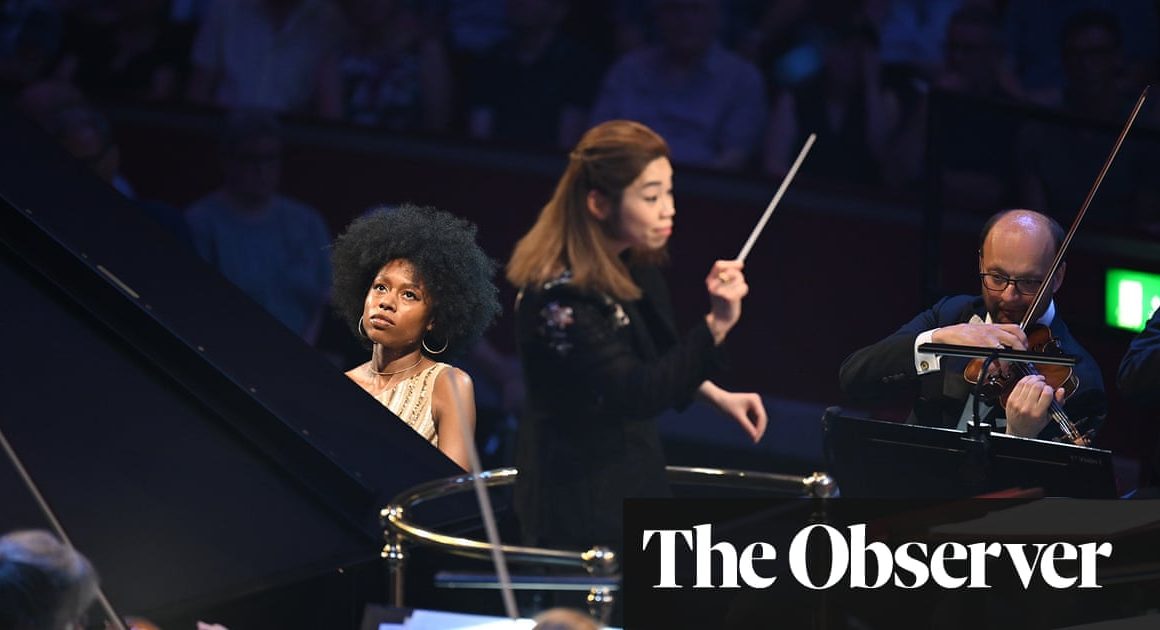Alastair Campbell never intended his famous assertion, “We don’t do God” to be taken as gospel for the Labour party. Though his intervention during a 2003 interview with Tony Blair has often been interpreted as a kind of secular edict, Mr Campbell has expressed personal sympathy for a “pro-faith atheist” position. As he seeks potential allies and partners to carry out his missions for national renewal, Sir Keir Starmer seems to be staking out a similar kind of territory.
Sir Keir, who has described himself as “loosely” from an Anglican background, is not religious. But he is rightly alive to what faith groups can offer to a future government committed to a different, more community-based way of doing politics. In a speech on civil society earlier this year, he pledged that Labour would work closely with faith leaders, praising their role in countering the “‘in it for yourself’ culture of the Conservatives”. Twenty Labour MPs have been appointed as “faith champions”, tasked with building on relationships between local authorities and religious groups which were forged during the pandemic and the cost of living crisis. Plans are also in train to link up government departments with faith and civil society leaders if Labour wins power.
Faith, hope and charity will never be enough when it comes to dealing with the immense social challenges Britain faces after 14 years of Conservative rule. Labour should be wary of repeating the mistakes of David Cameron’s “big society” agenda, which became a disingenuous cover story for savage cuts in public spending. As the former archbishop of Canterbury Rowan Williams puts it in his book Faith in the Public Square, faith communities should be understood as more than “a pool of cheap labour for projects of social integration”.
It is also true that a Labour government and people of faith are likely to encounter areas of profound disagreement, not least in relation to moral questions such as assisted dying, on which Sir Keir has said he supports a change in the law. But he is right to recognise and seek to harness the social energy, passion and rootedness that make faith groups such an asset in so many communities.
Covid and the cost of living crisis saw churches, mosques and other religious organisations become key partners of local government, easing hardship and offering social networks of support. Research commissioned two years ago by the Church of England estimated that 5% of the population had at some point turned to churches for assistance. Fears that such help would be accompanied by unwanted proselytising, or offered selectively, proved unfounded, though some councils remain wary of collaborating with religious groups – not all are purely altruistic, and some discriminate.
But a demonstrable commitment to the common good, shared by all faiths, overlaps with core principles in Labour’s own history and ethical traditions. Famously described as owing more to Methodism than Marxism, the party has been historically shaped by Christian critiques of excessive individualism and social inequality. Keir Hardie, Labour’s first leader, was a lay preacher. In a society that is both heavily secularised and multifaith, the landscape today looks very different. But the need for a more egalitarian politics that unlocks the collective power of communities has rarely been more pressing. Broadly, that is the direction in which Labour is proposing to take Britain. The party is right to see religious organisations as useful fellow travellers.










